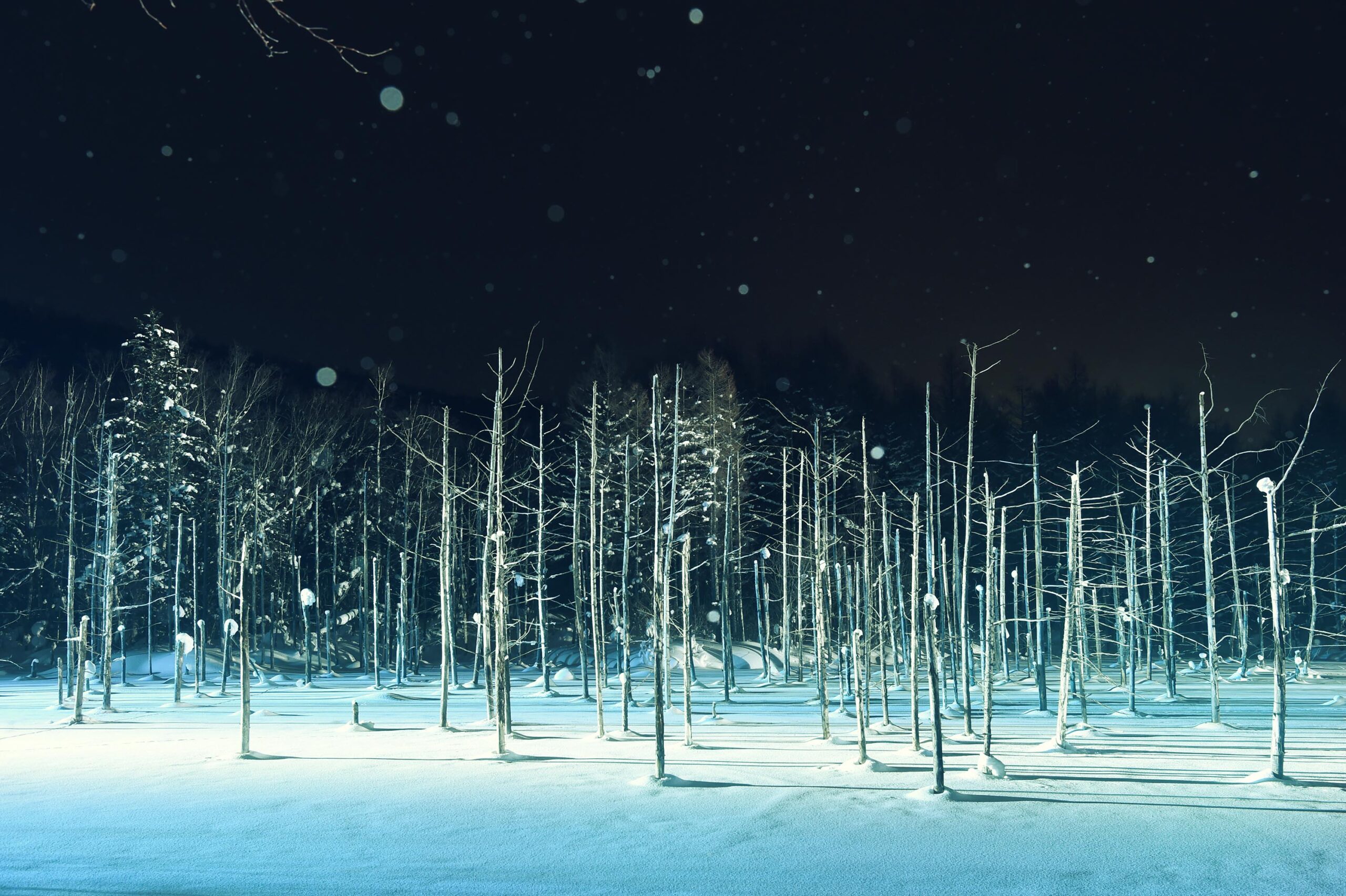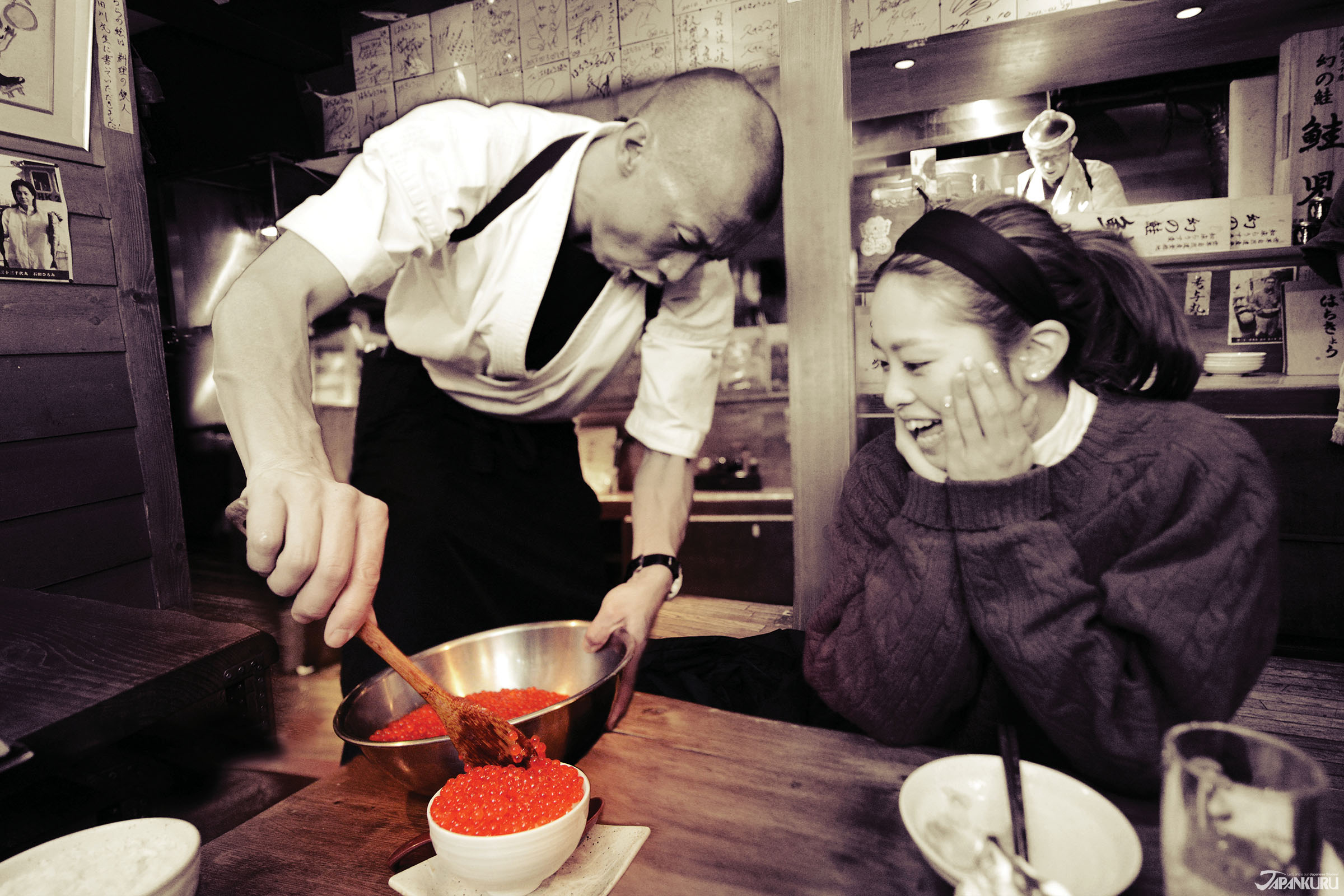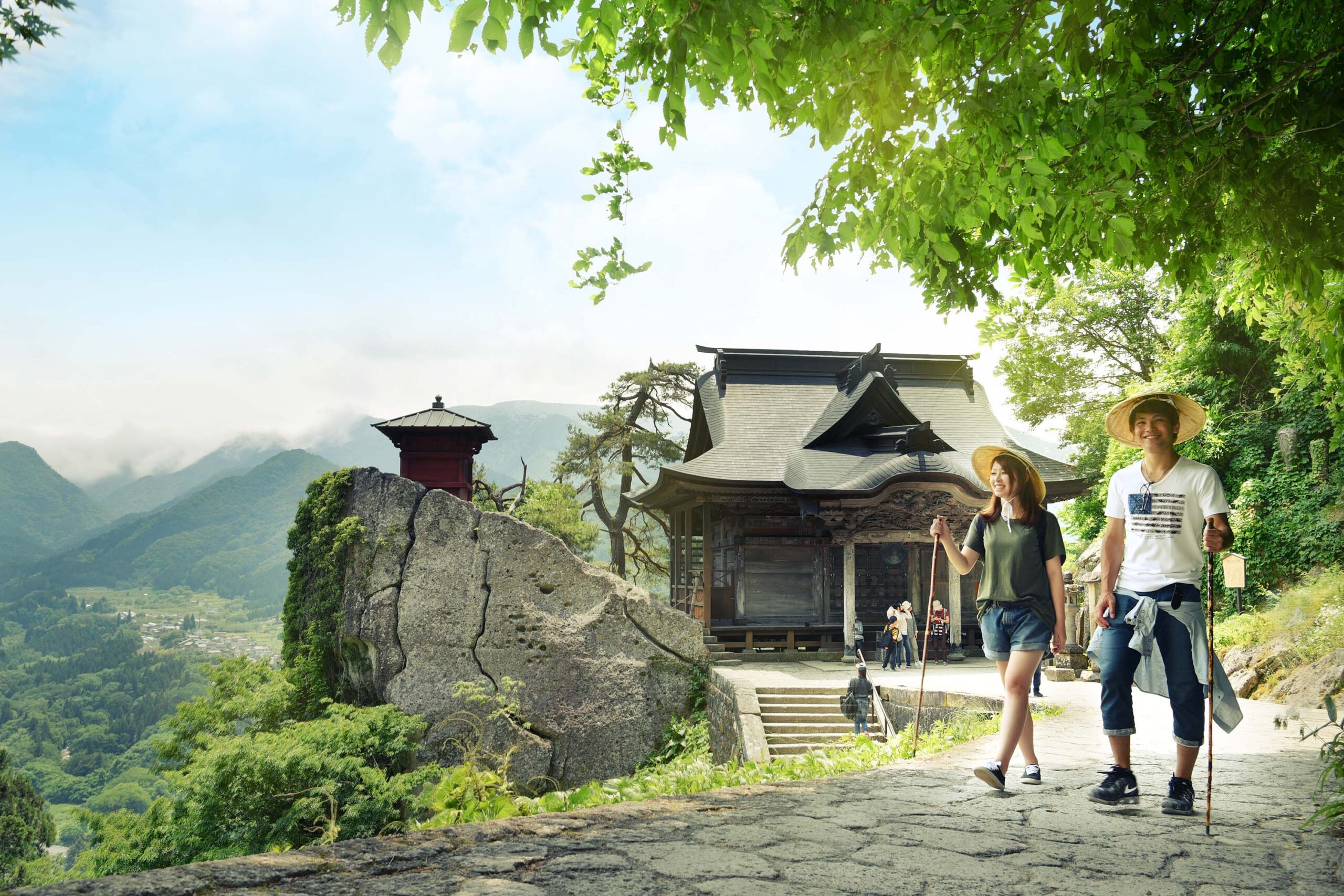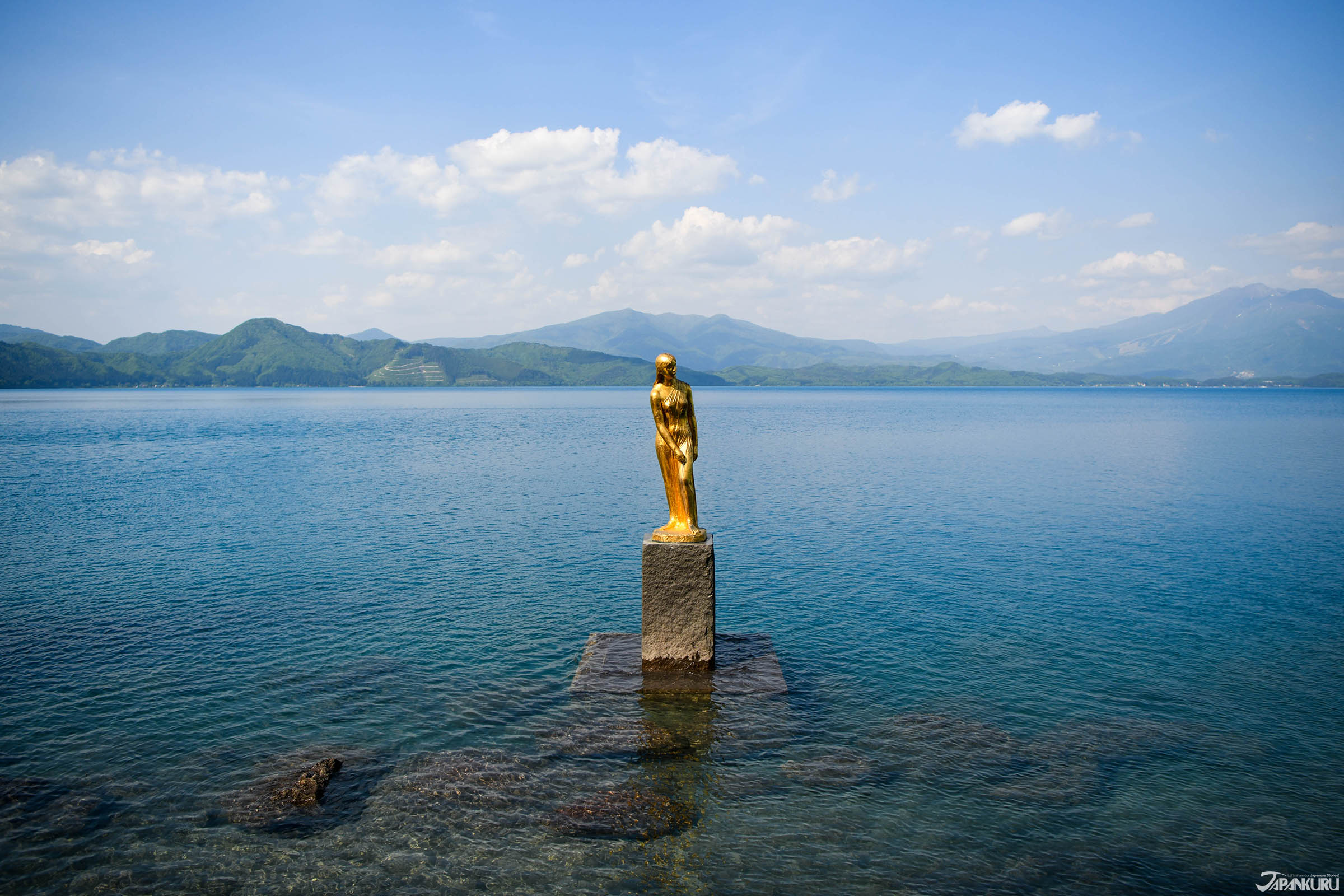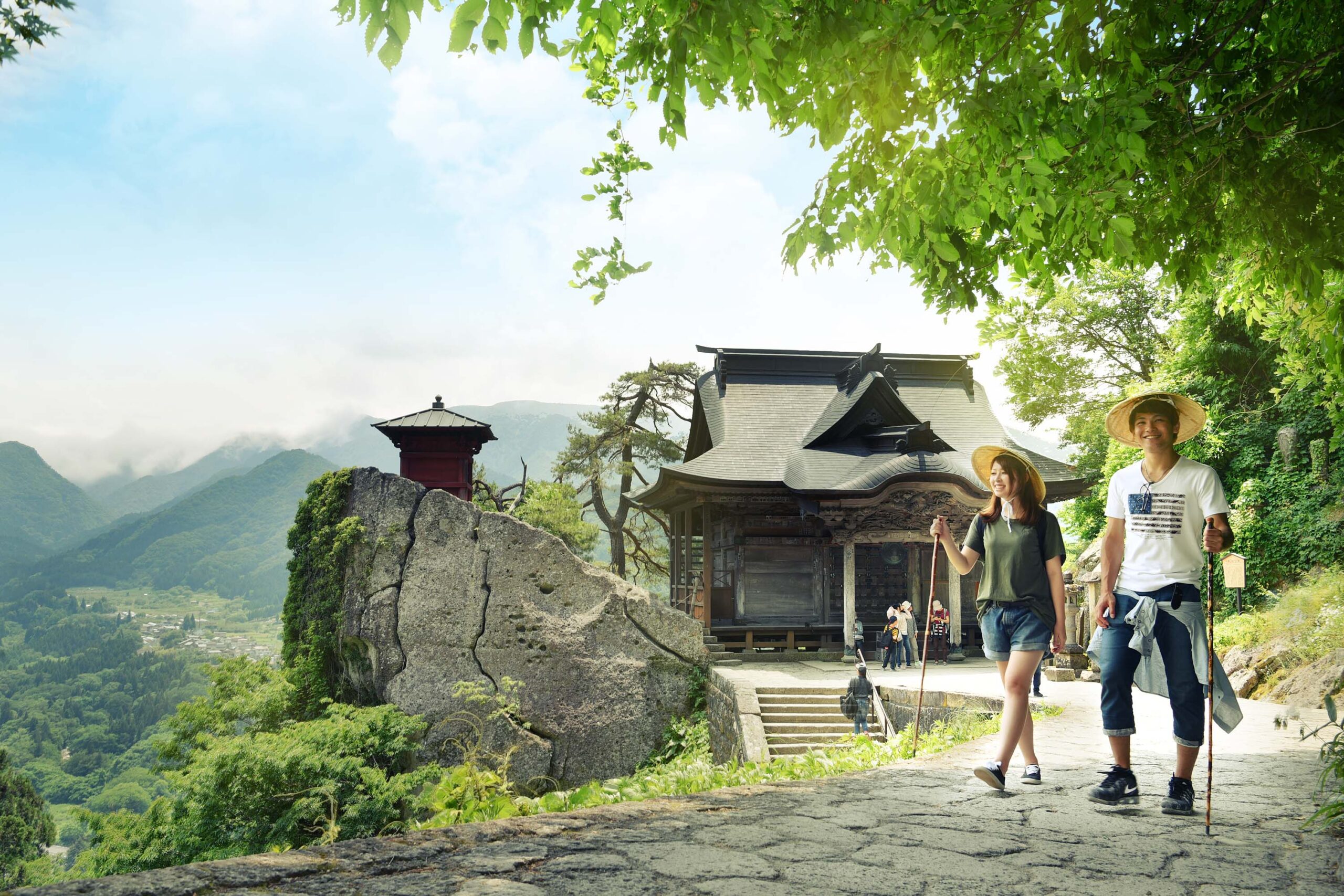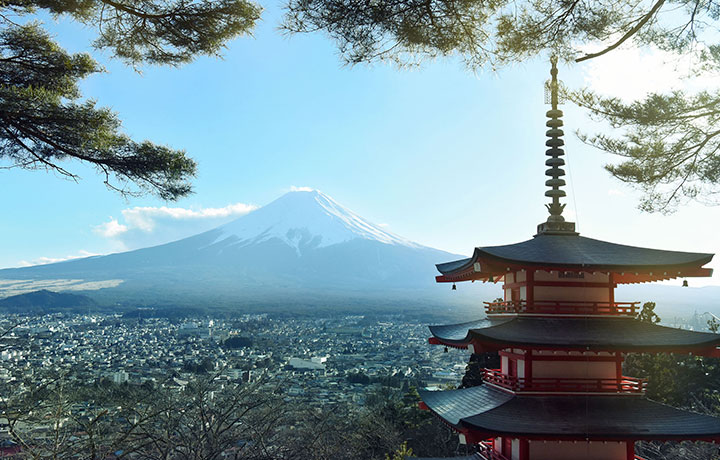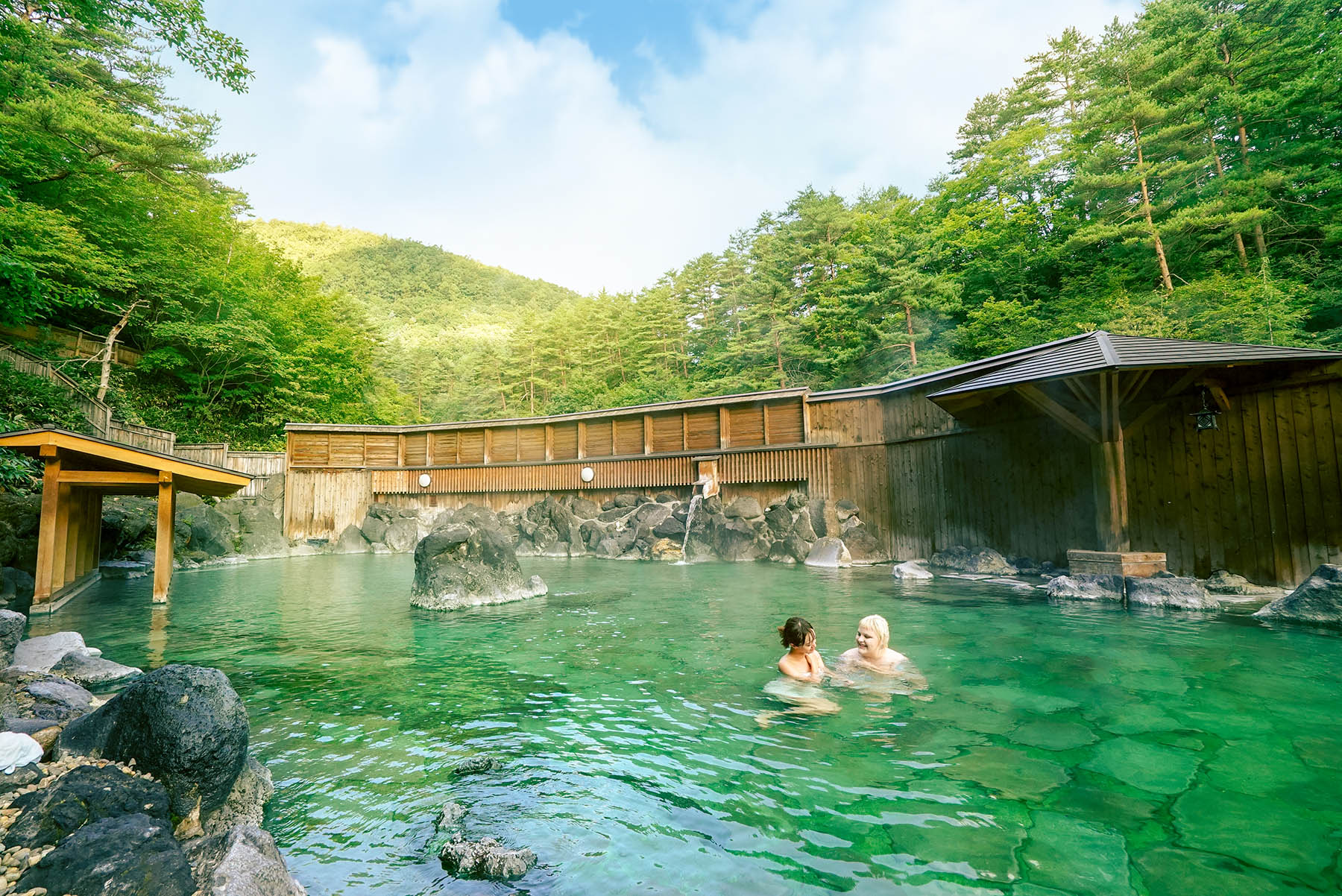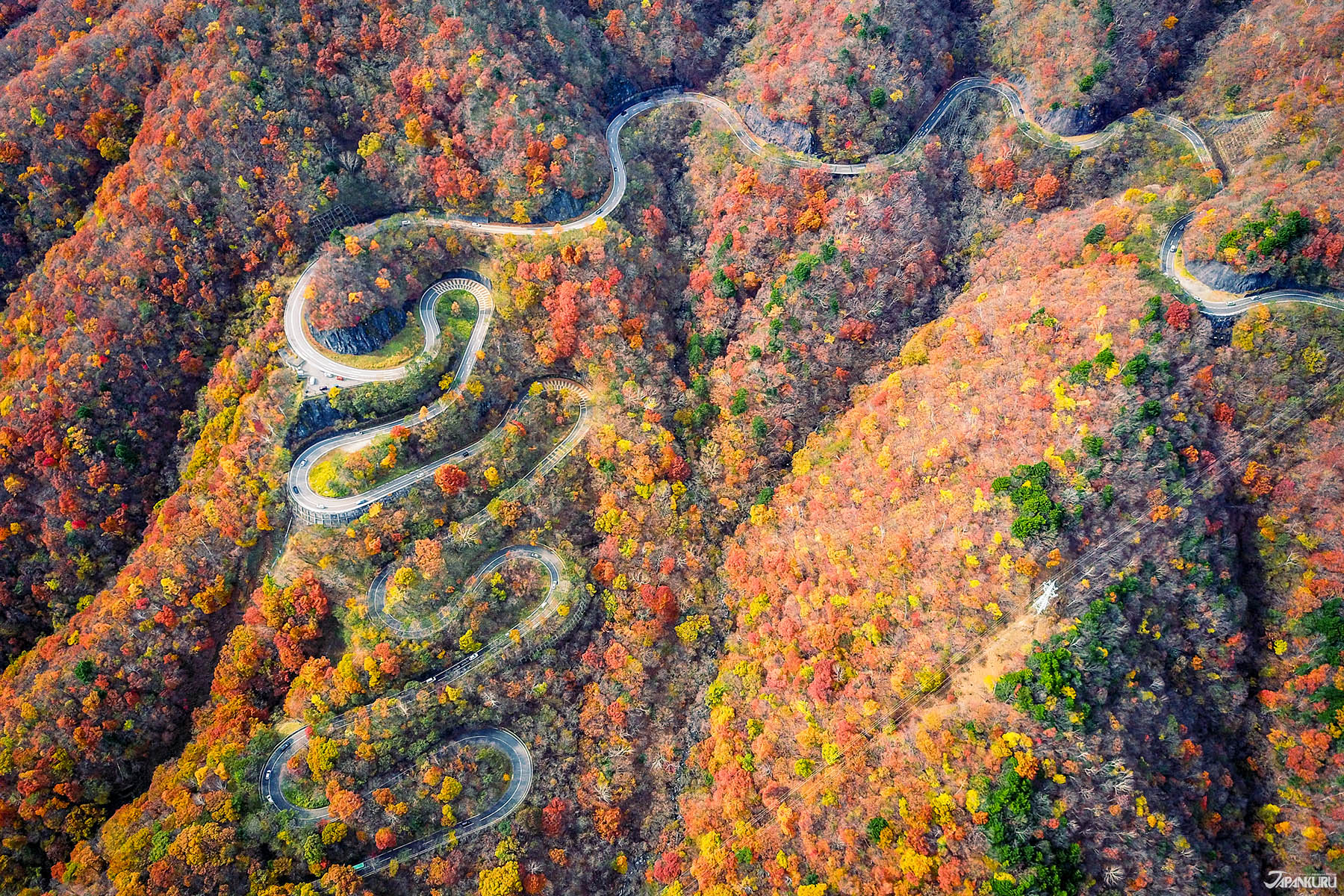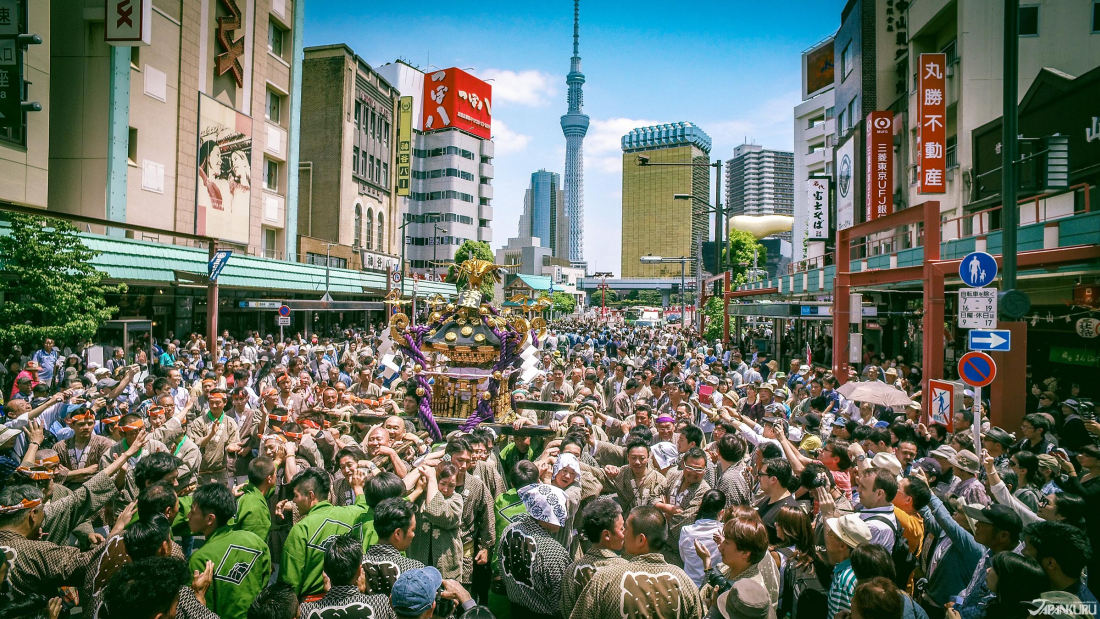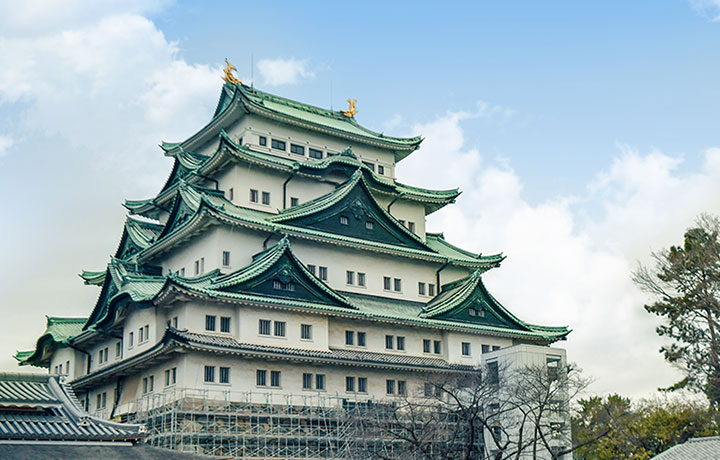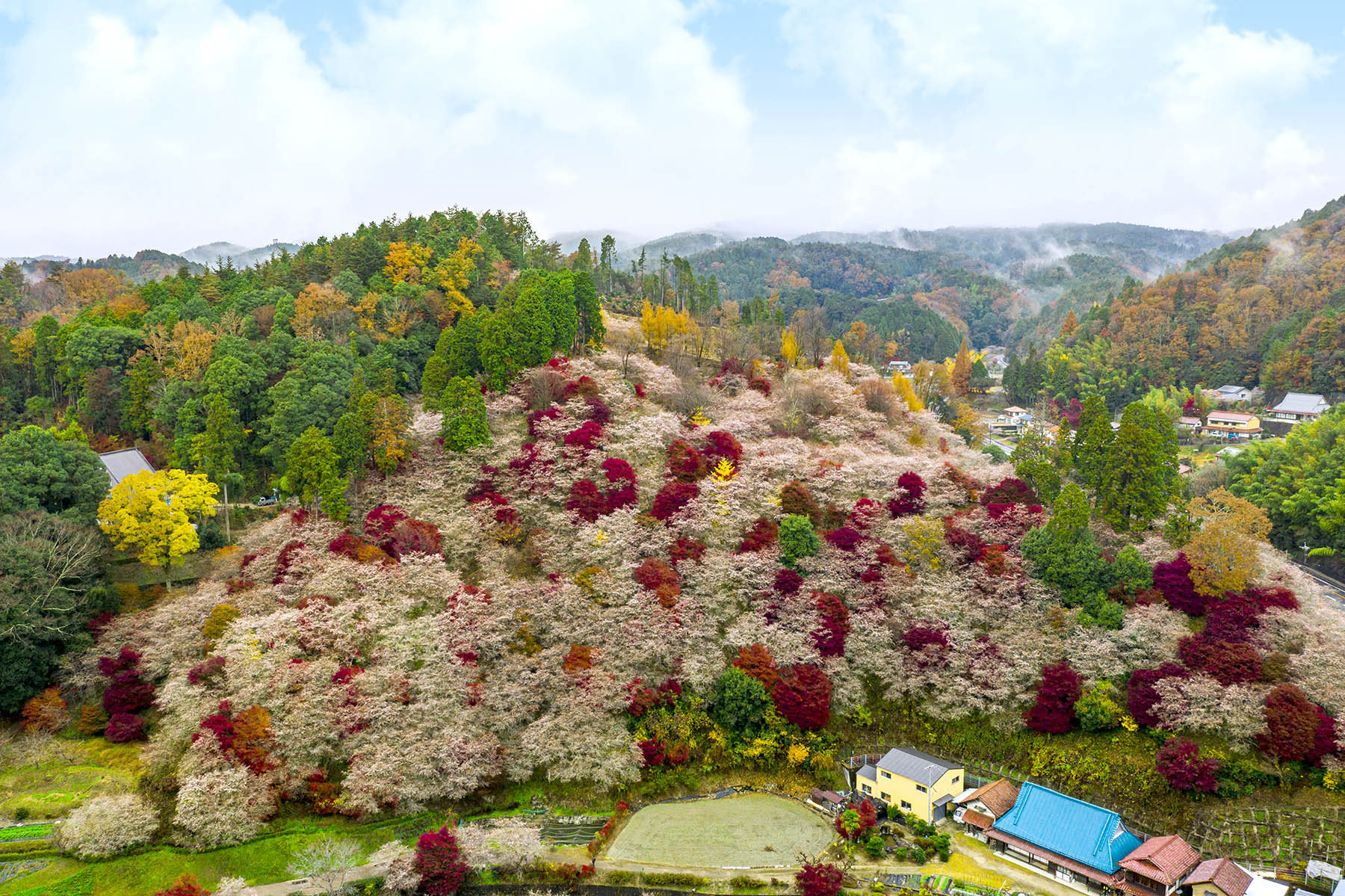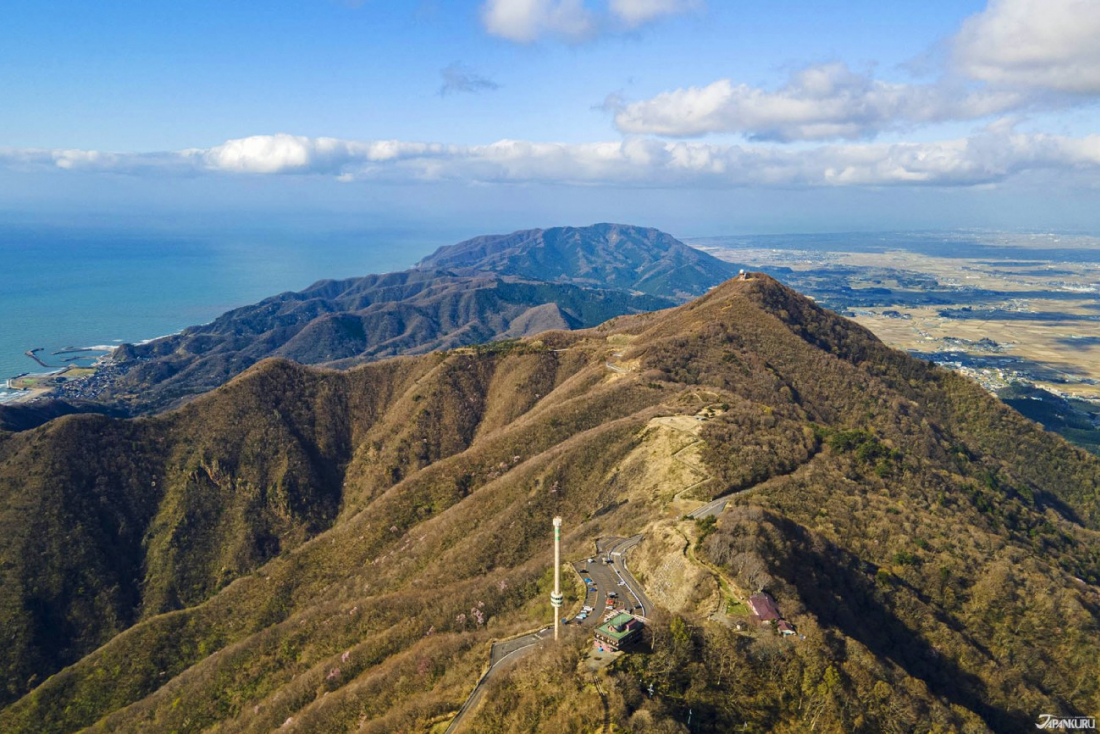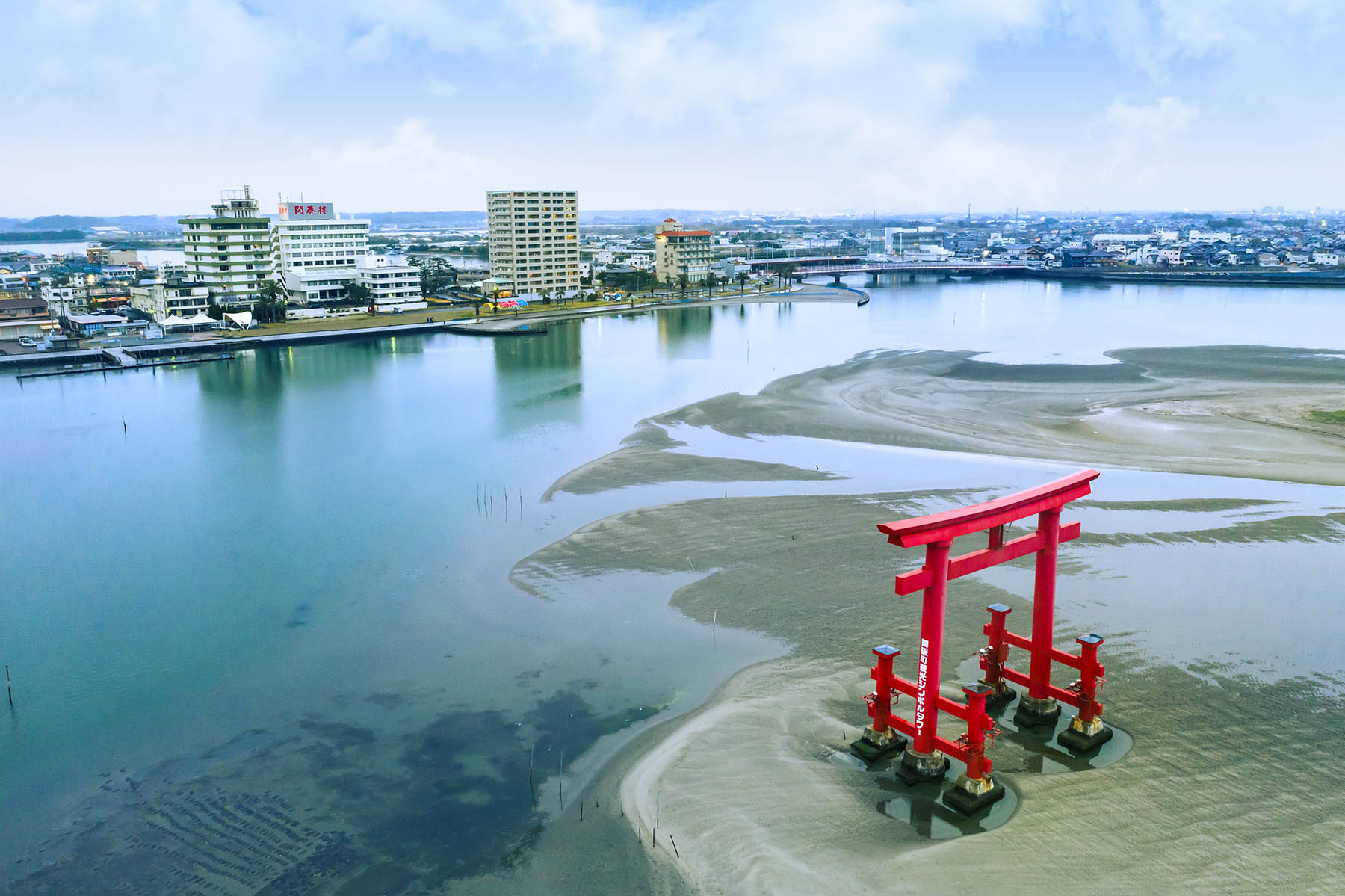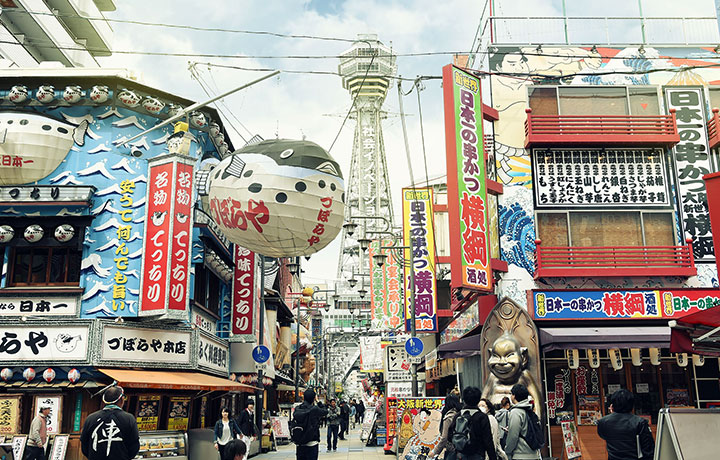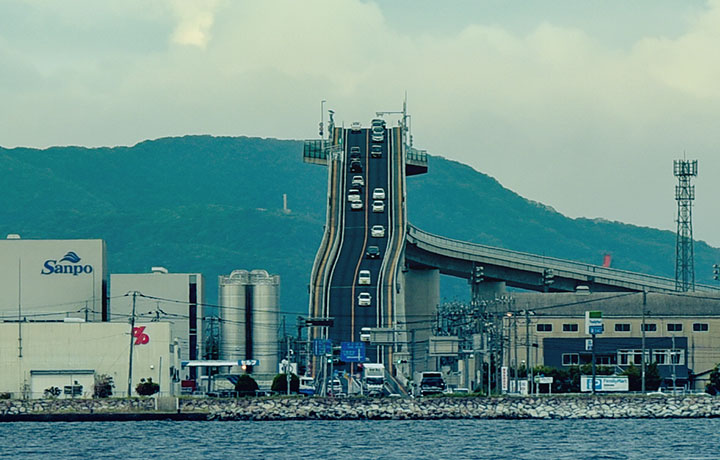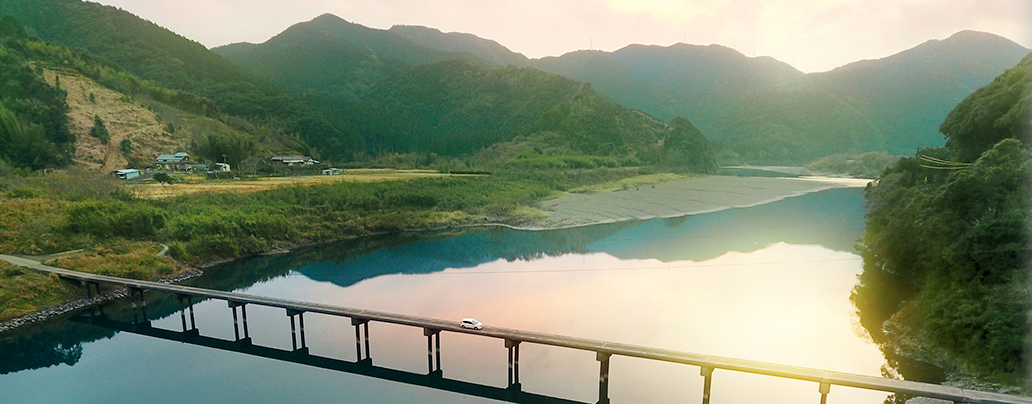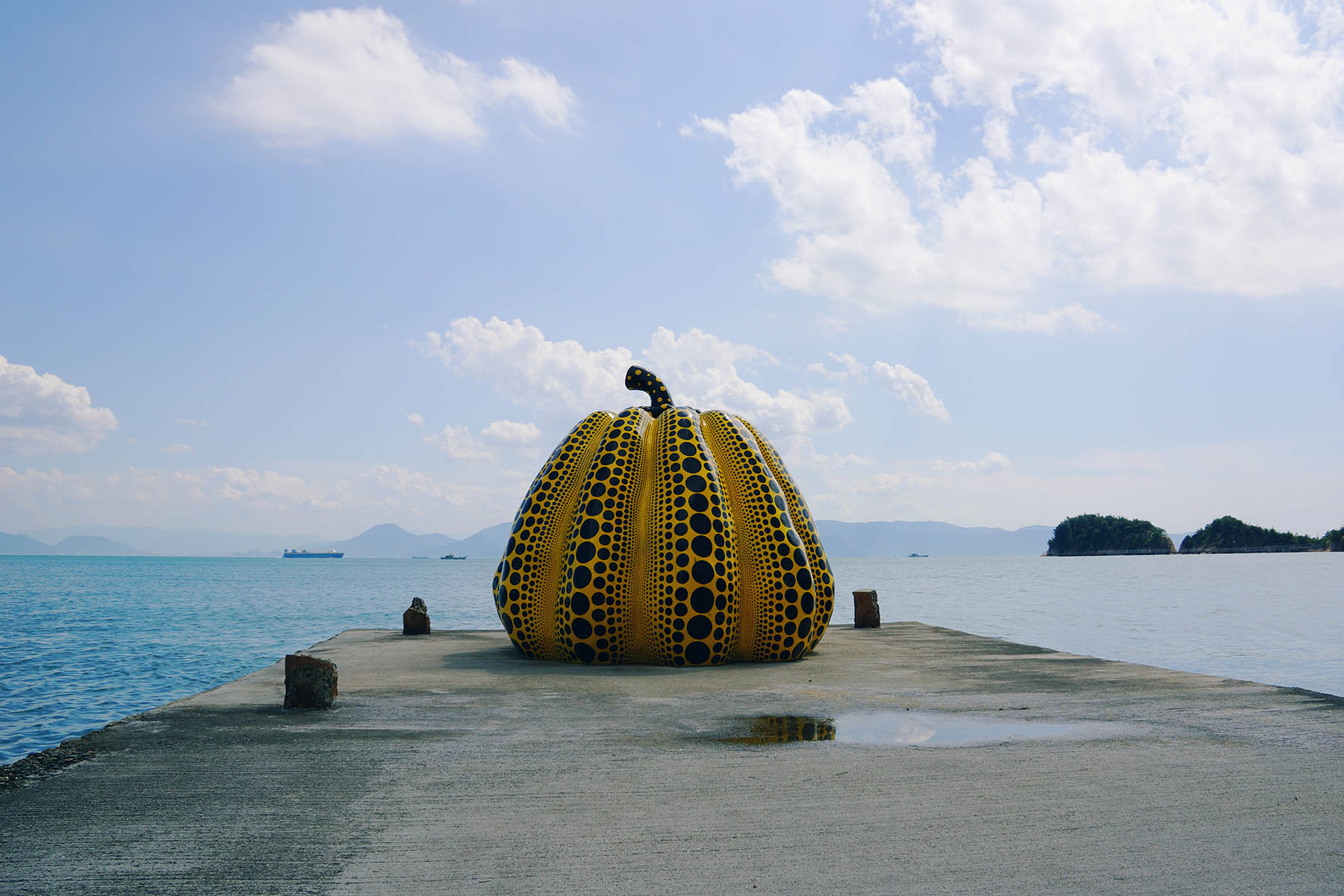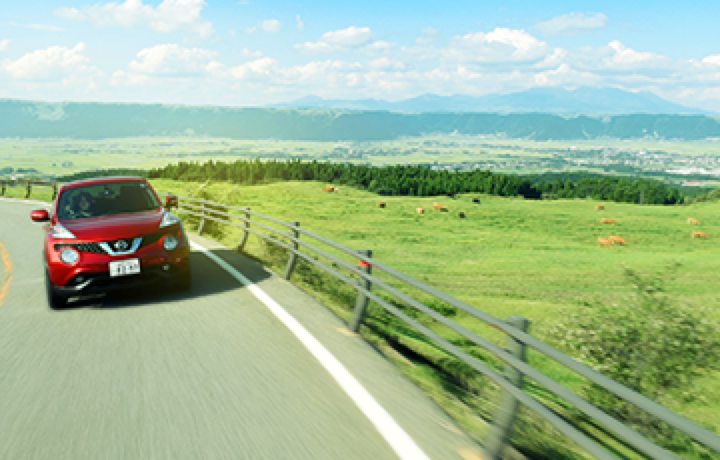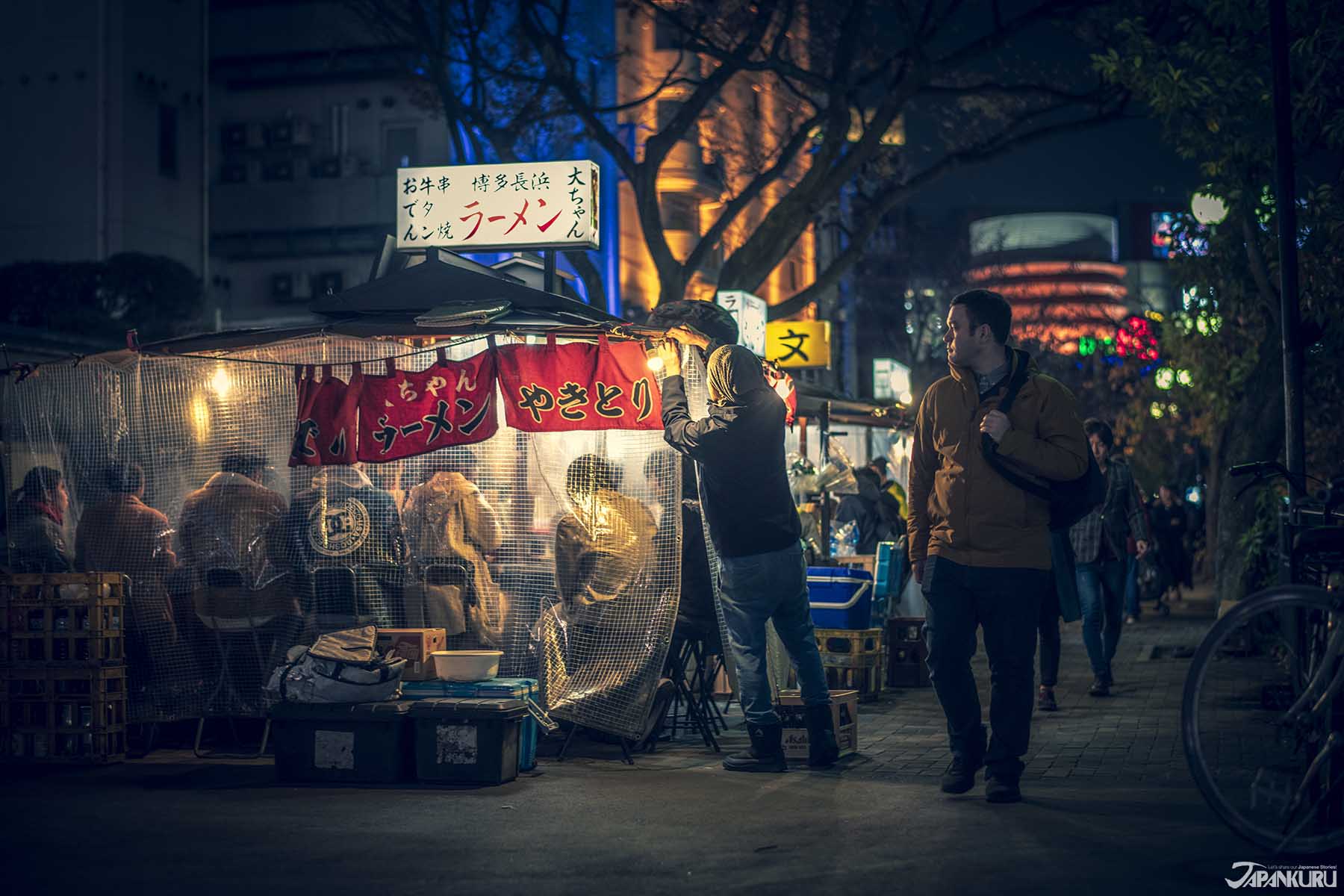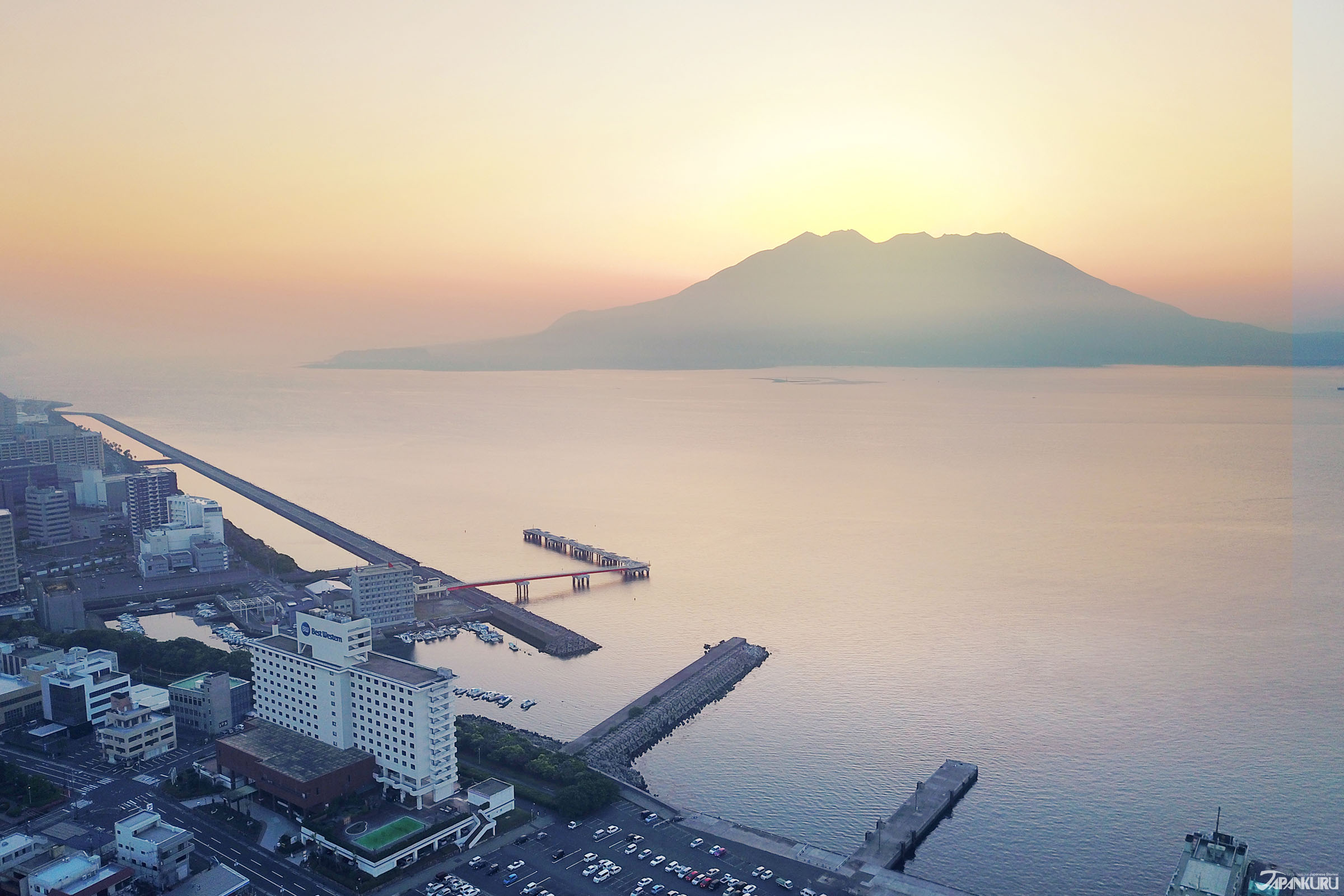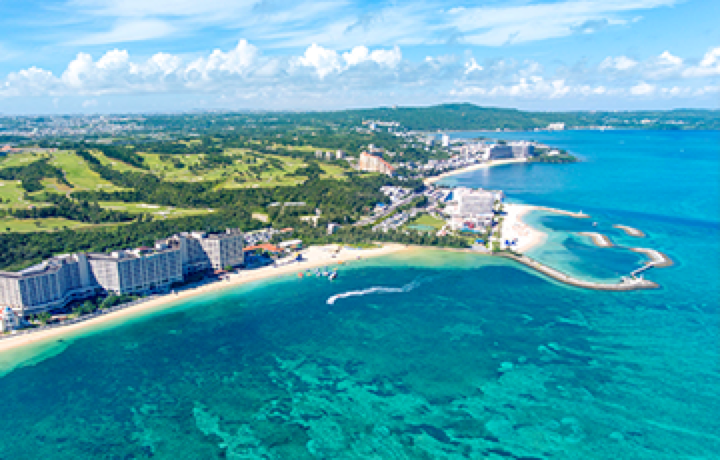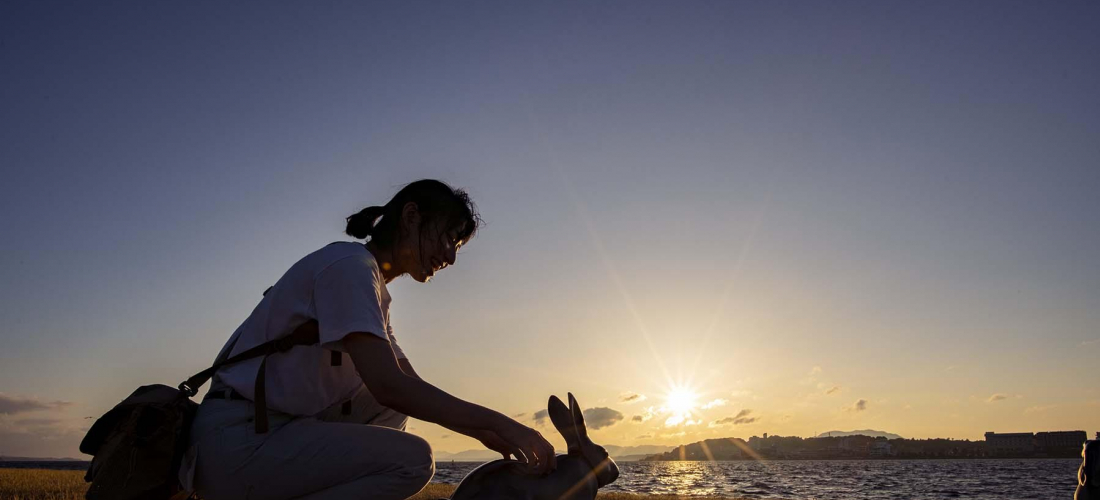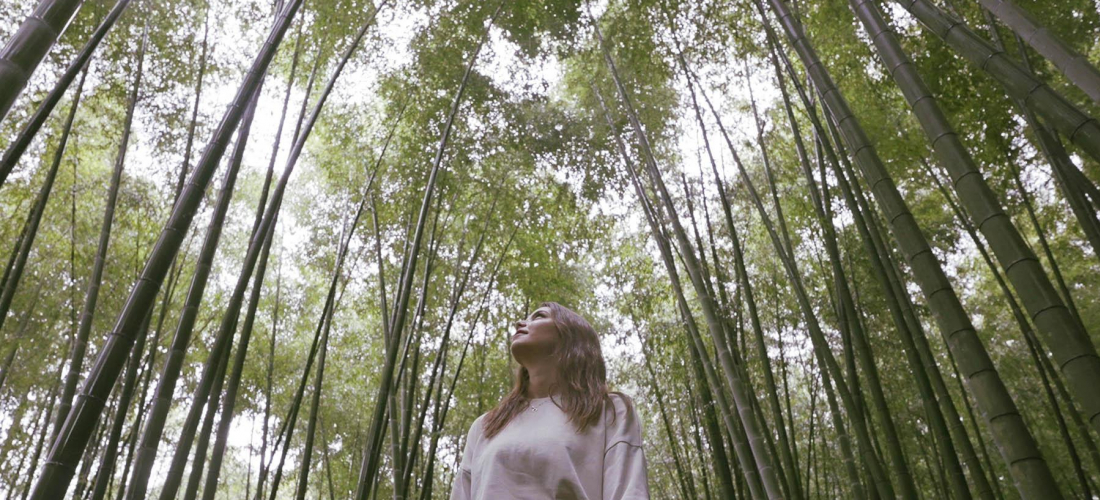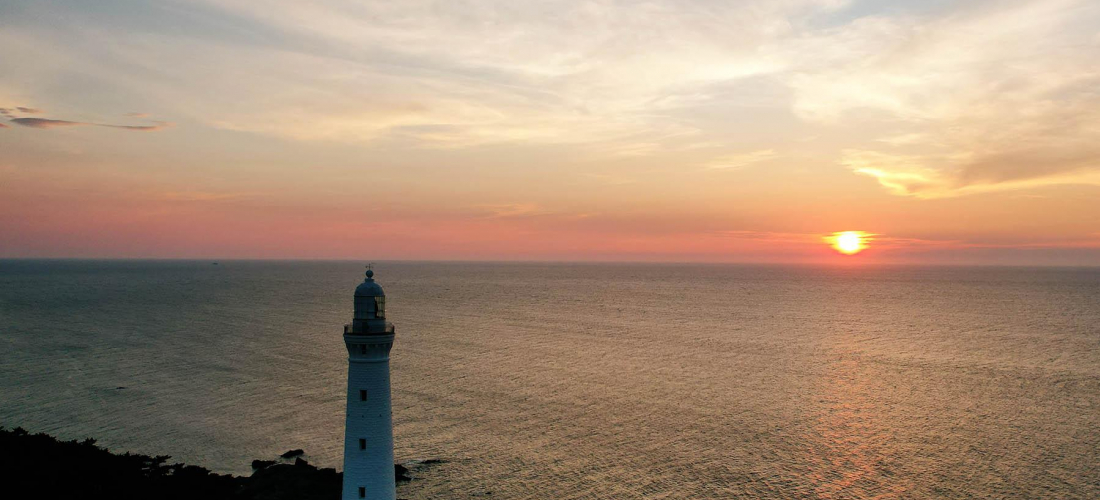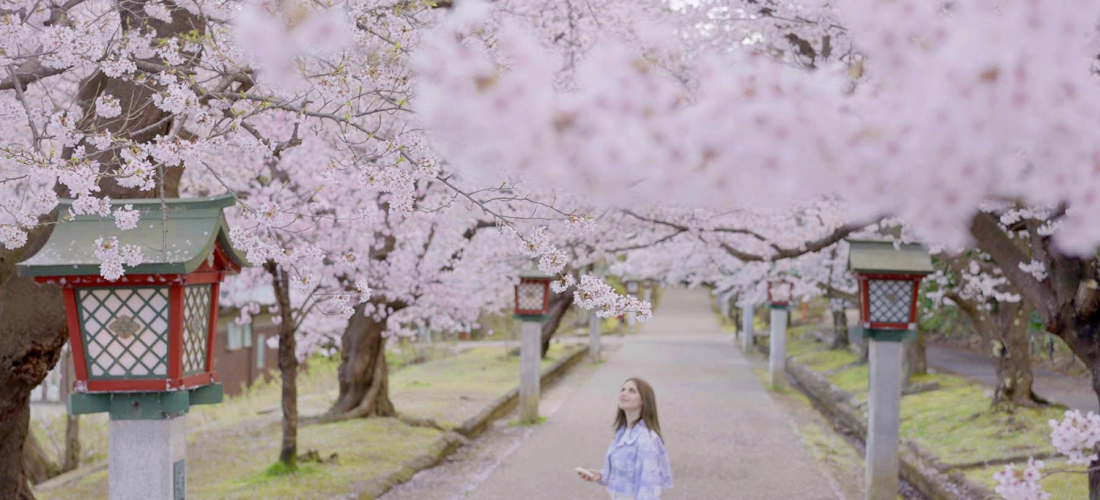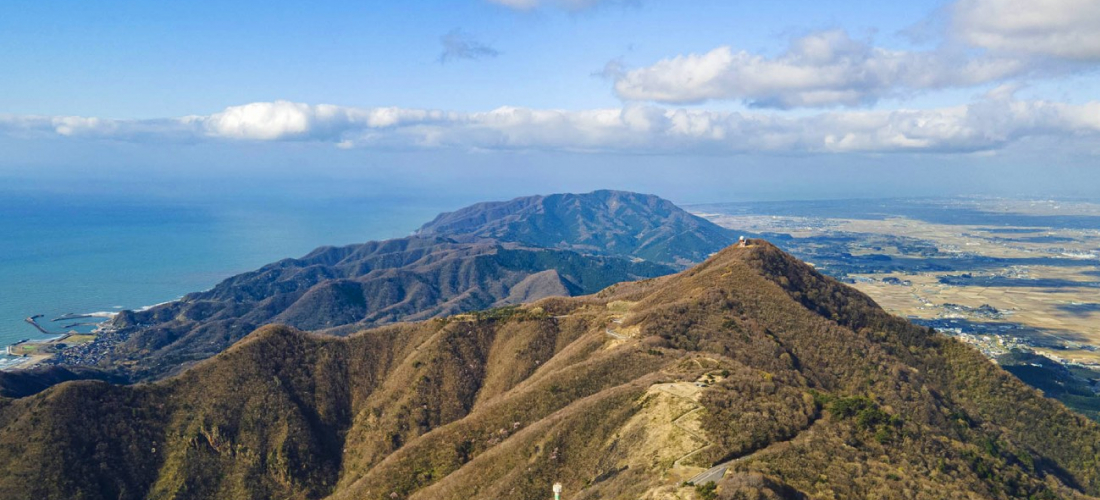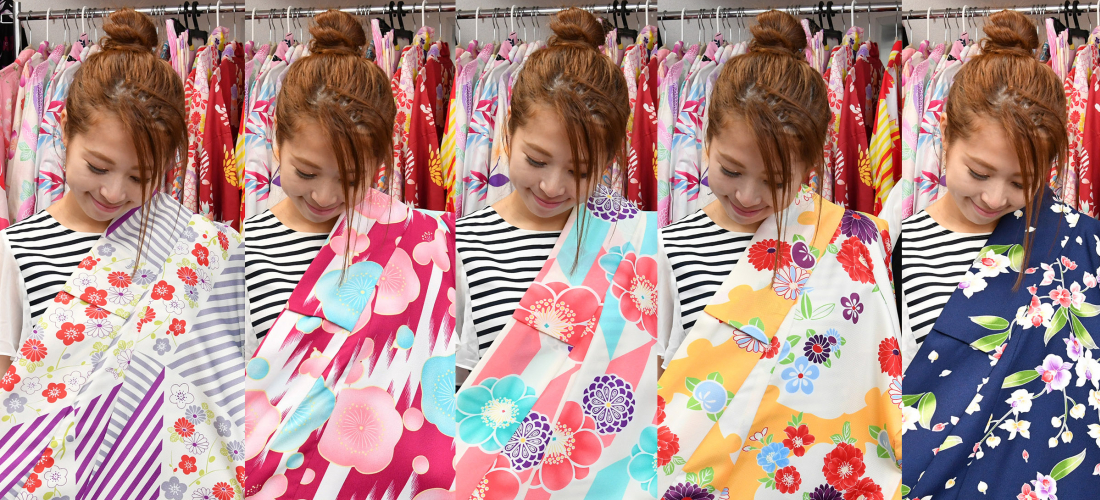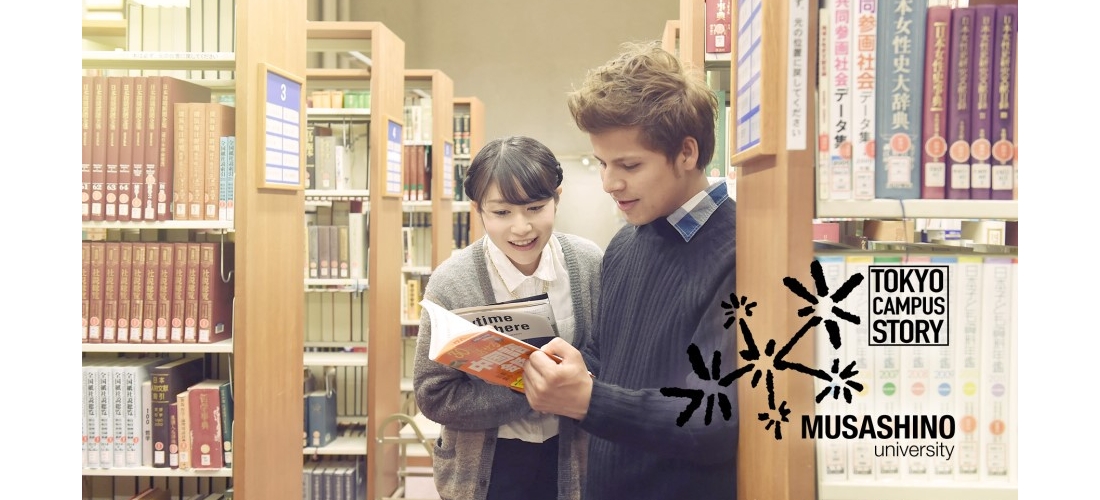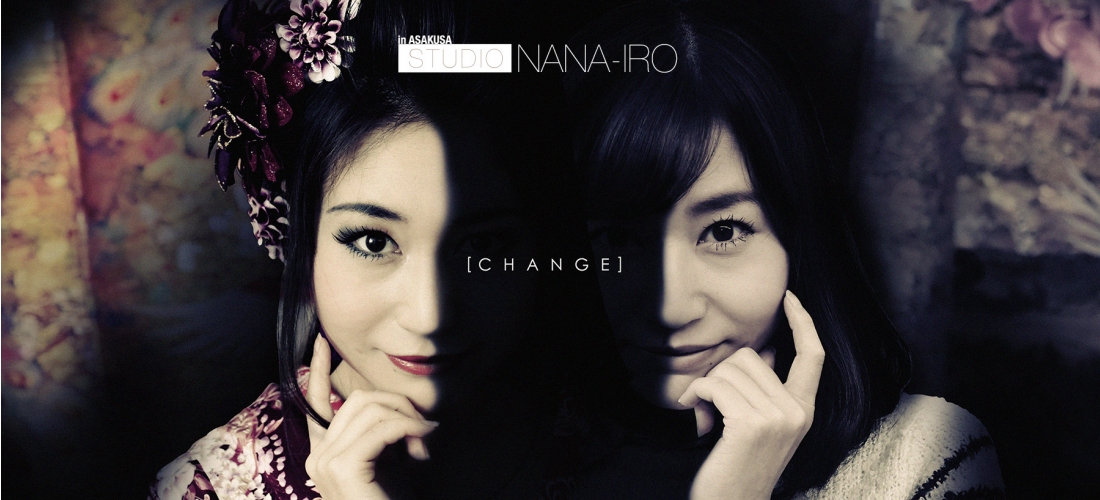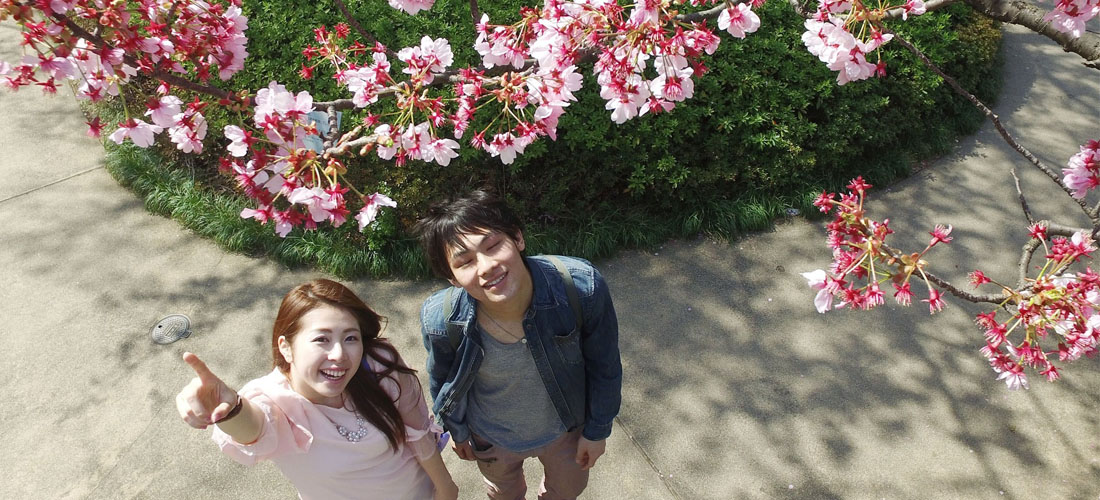Le 'Code de la Route' est différent dans chaque pays et il peut être assez stressant de rouler dans le sens opposé de celui dans lequel on a été habitué. Concernant le Japon ne vous fiez pas au volant à droite car les Japonais roulent à gauche. Si vous êtes habitué à rouler à droite comme en France cela peut être un peu déroutant la première fois.
A vrai dire, il y a une raison bien particulière pour laquelle les Japonais roulent à gauche et elle remonterait à l’époque des samurais.
Il y a plus de 50 pays où le volant est habituellement à droite. Le Royaume Uni et le Japon sont un bon exemple à côté du Bangladesh et Honk Kong consolidé par l’Angleterre. Les Anglais conduisent à gauche à cause des chevaux et des calèches. Afin de protéger les passants le fouet était manié de la main droite sur la voie de gauche.
Avec la culture de la calèche qui s’est répandu à travers l’Europe les voitures ont pris le même modèle avec le volant à droite et la boîte de vitesse à gauche. Cependant l’Allemagne a préféré garder la boîte de vitesse à droite trouvant la maniabilité bien meilleure! La plupart des pays ont suivi l’exemple de l’Allemagne qui était un leader dans l’automobile laissant les Anglais poursuivre leur tradition.
Influencé par la culture britannique
et leurs moyens de transport,
le Japon a adopté le modèle anglais.
Cependant il est dit qu’il y aurait
une autre raison caché.
Durant l’Epoque Edo où les Samurais règnaient sur l’archipel les rues et allers étaient extrêmement étroites.
Les Samurais portaient leur épée à gauche pour pouvoir la dégainer rapidement avec la main droite. Lorsque plusieurs personnes se croisaient dans la rue ils se heurtait au fourreau de l’épée. Rapidement les Japonais décidèrent du sens de marche, toujours sur la gauche pour éviter ces collisions.
La tradition s’étant perpétrée, aujourd’hui encore non seulement les gens mais aussi les véhicules se déplacent sur la voie de gauche.
Ces derniers années on voit de plus en plus d’étrangers rouler au Japon avec leur permis international. Qu’il s’agisse de location ou tout simplement d’étrangers installés sur le sol japonais il est important de garder en tête la conduite à gauche.
De nombreux accidents impliquant des étrangers ont aussi été recensés avec cette augmentation de conducteurs non-Japonais. Faites attention à vous et soyez prudent au volant!
Une Location facilitée, notre partenaire Nissan Rent-a-Car
Il y a de nombreux services de location de voitures au Japon. Parmi ceux-ci, Nissan Rent-a-Car est un leader en la matière, opéré par le constructeur automobile Nissan Motors. Pour les touristes étrangers, leurs services s’étendent de jour en jour avec un support en multilingue et des e-books. Le plus gros avantage est leur implantation dans les aéroports majeurs à travers le Japon.
Jetez donc un oeil à leur site de réservation en ligne pour plus de détails (Anglais).
COMMENT
FEATURED MEDIA
VIEW MOREMAP OF JAPAN
SEARCH BY REGION

LATEST
VIEW MOREEVENT CALENDAR
VIEW MOREMOST POPULAR
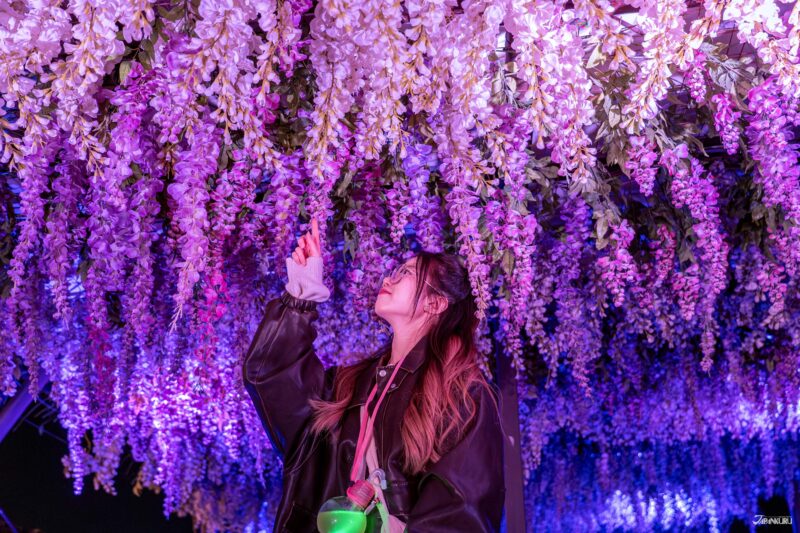 Tokyo Winter Recommendation: Don’t Miss Tokyo Mega Illumination, Japan’s #1 Light Show
Tokyo Winter Recommendation: Don’t Miss Tokyo Mega Illumination, Japan’s #1 Light Show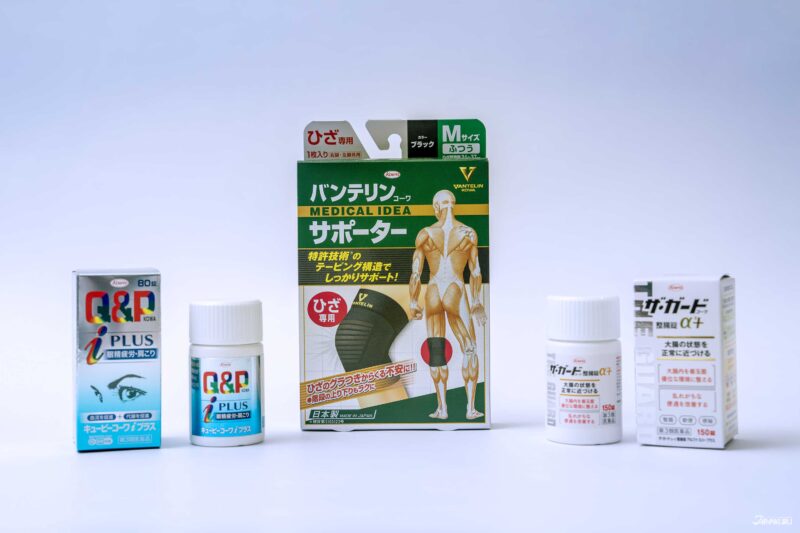 ป้ายยาสินค้าน่าซื้อในร้านขายยาญี่ปุ่น | KOWA ผลิตภัณฑ์เพื่อสุขภาพสำหรับคนยุคใหม่
ป้ายยาสินค้าน่าซื้อในร้านขายยาญี่ปุ่น | KOWA ผลิตภัณฑ์เพื่อสุขภาพสำหรับคนยุคใหม่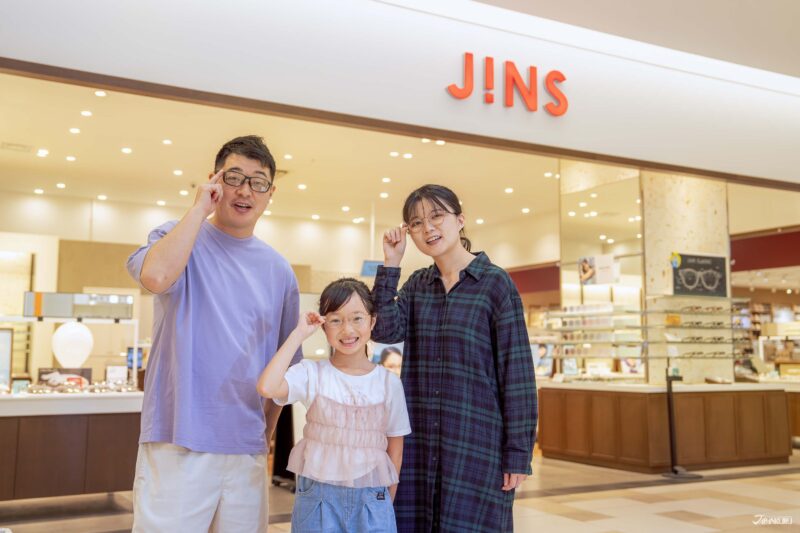 Okinawa Family Road Trip: Japanese Glasses Shopping at San-A Urasoe West Coast PARCO CITY, Discount Coupons, & Okinawa Sightseeing with JINS
Okinawa Family Road Trip: Japanese Glasses Shopping at San-A Urasoe West Coast PARCO CITY, Discount Coupons, & Okinawa Sightseeing with JINS

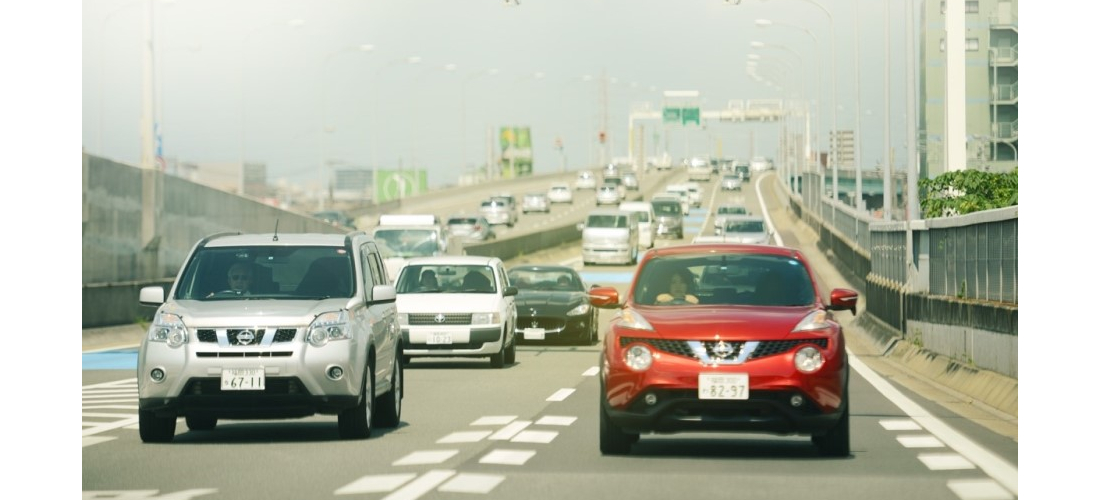
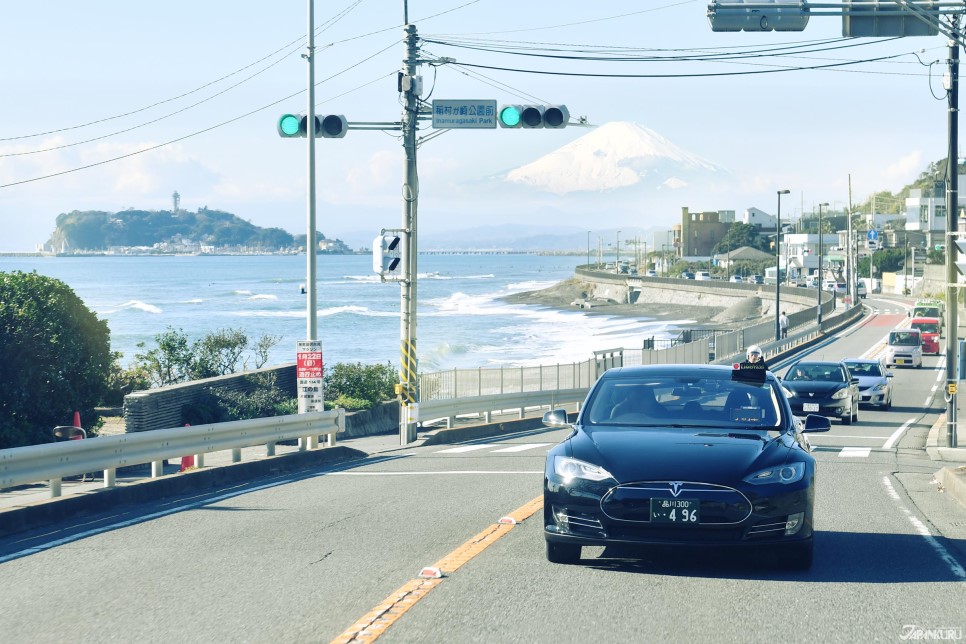

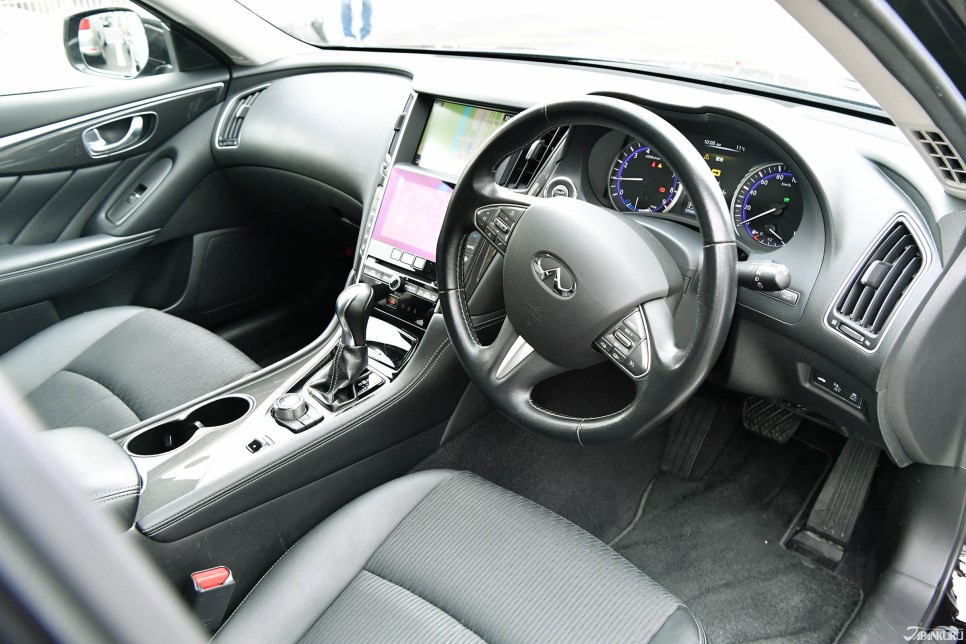
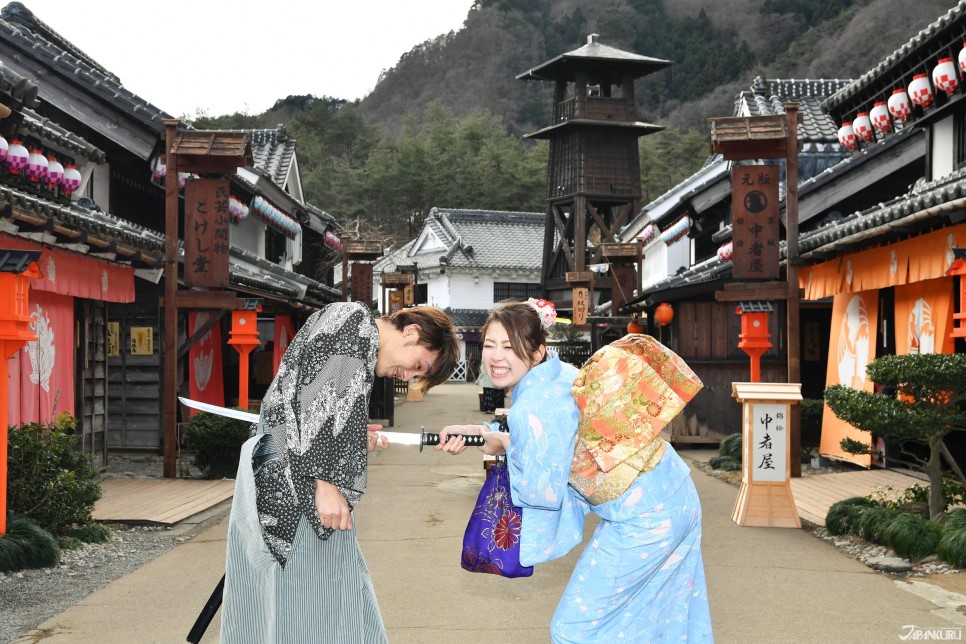
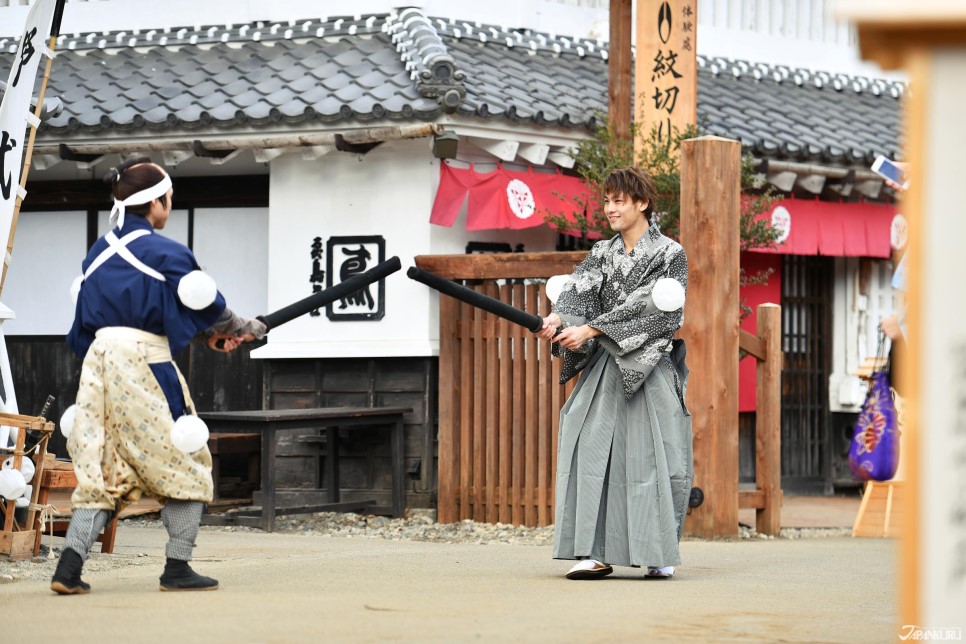

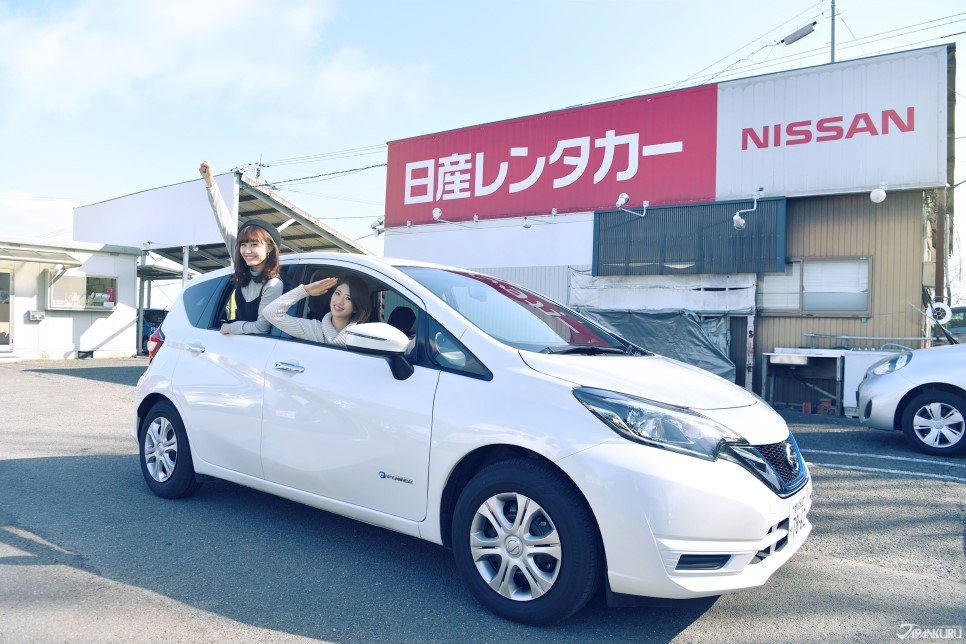
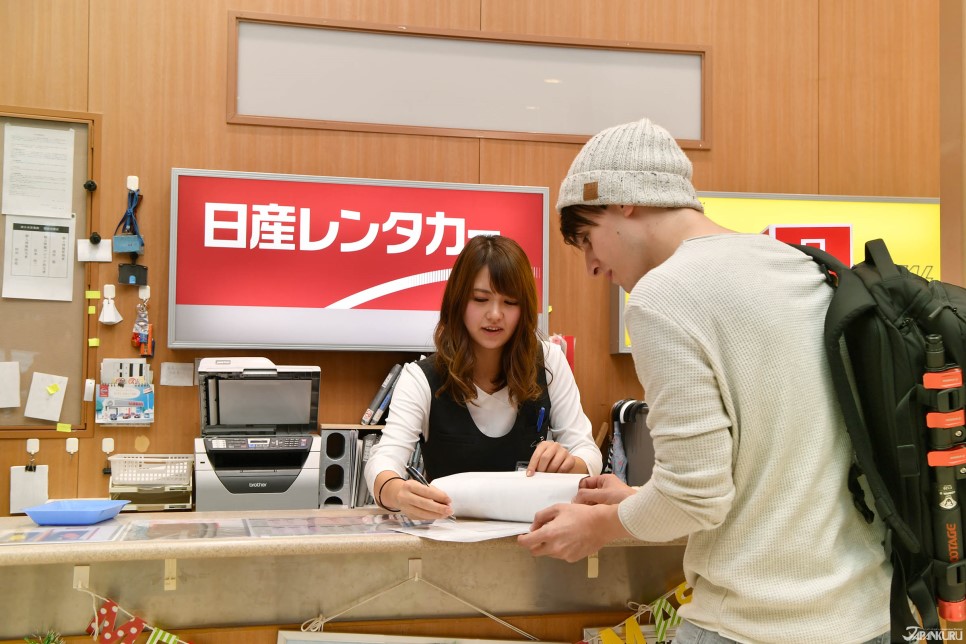
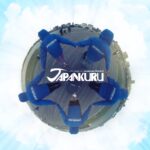



 >> Find out more at Japankuru.com! (link in bio)
#
>> Find out more at Japankuru.com! (link in bio)
#





 The Robot Restaurant is gone, but the Samurai Restaurant is here to take its place. Check it out, and don't forget your coupon!
The Robot Restaurant is gone, but the Samurai Restaurant is here to take its place. Check it out, and don't forget your coupon!
 신주쿠의 명소 로봇 레스토랑이 사무라이 레스토랑으로 부활! 절찬 쿠폰 발급중
신주쿠의 명소 로봇 레스토랑이 사무라이 레스토랑으로 부활! 절찬 쿠폰 발급중
 18歲以上才能入場的歌舞秀,和你想的不一樣!拿好優惠券去看看~
#tokyo #shinjuku #samurairestaurant #robotrestaurant #tokyotrip #도쿄여행 #신주쿠 #사무라이레스토랑 #이색체험 #할인이벤트 #歌舞伎町 #東京景點 #武士餐廳 #日本表演 #日本文化體驗 #japankuru #japantrip #japantravel #japanlovers #japan_of_insta
18歲以上才能入場的歌舞秀,和你想的不一樣!拿好優惠券去看看~
#tokyo #shinjuku #samurairestaurant #robotrestaurant #tokyotrip #도쿄여행 #신주쿠 #사무라이레스토랑 #이색체험 #할인이벤트 #歌舞伎町 #東京景點 #武士餐廳 #日本表演 #日本文化體驗 #japankuru #japantrip #japantravel #japanlovers #japan_of_insta
 코지마 x 빅 카메라 쿠폰으로 일본 가전 제품 쇼핑하기
#pr #japankuru #japanshopping #kojima #biccamera #japaneseskincare #yaman #dji #osmopocket3 #skincaredevice #日本購物 #美容儀 #相機 #雅萌 #日本家電 #일본여행 #면세 #여행꿀팁 #일본쇼핑리스트 #쿠폰 #일본쇼핑 #일본브랜드 #할인 #코지마 #빅카메라 #japankurucoupon
코지마 x 빅 카메라 쿠폰으로 일본 가전 제품 쇼핑하기
#pr #japankuru #japanshopping #kojima #biccamera #japaneseskincare #yaman #dji #osmopocket3 #skincaredevice #日本購物 #美容儀 #相機 #雅萌 #日本家電 #일본여행 #면세 #여행꿀팁 #일본쇼핑리스트 #쿠폰 #일본쇼핑 #일본브랜드 #할인 #코지마 #빅카메라 #japankurucoupon